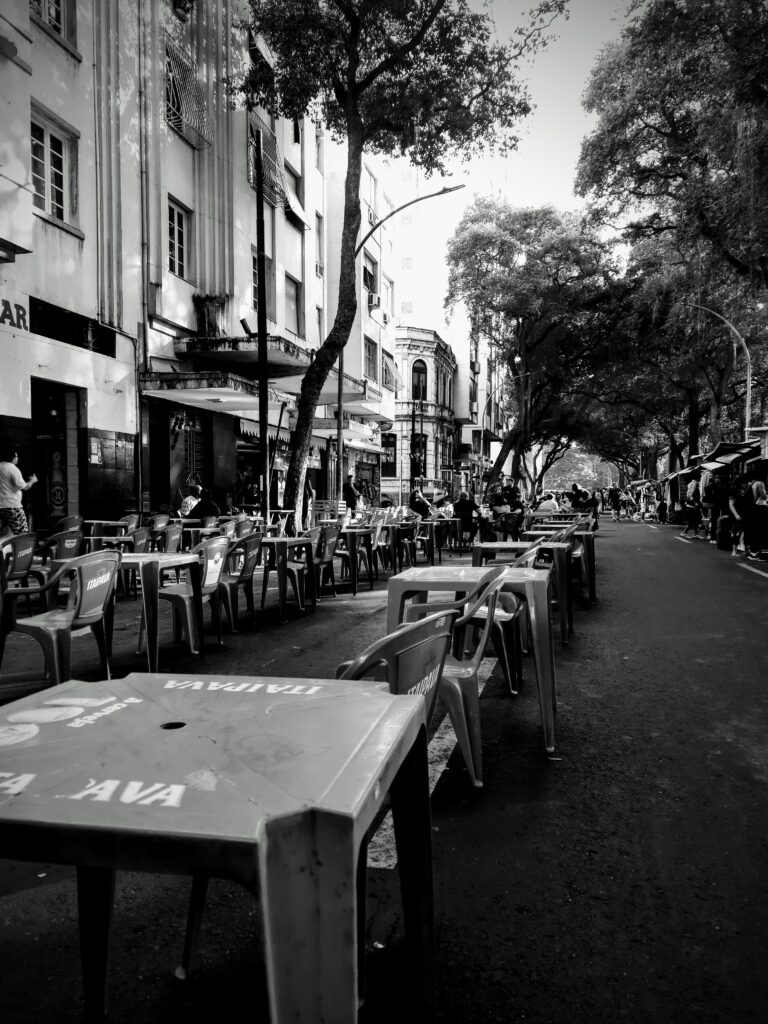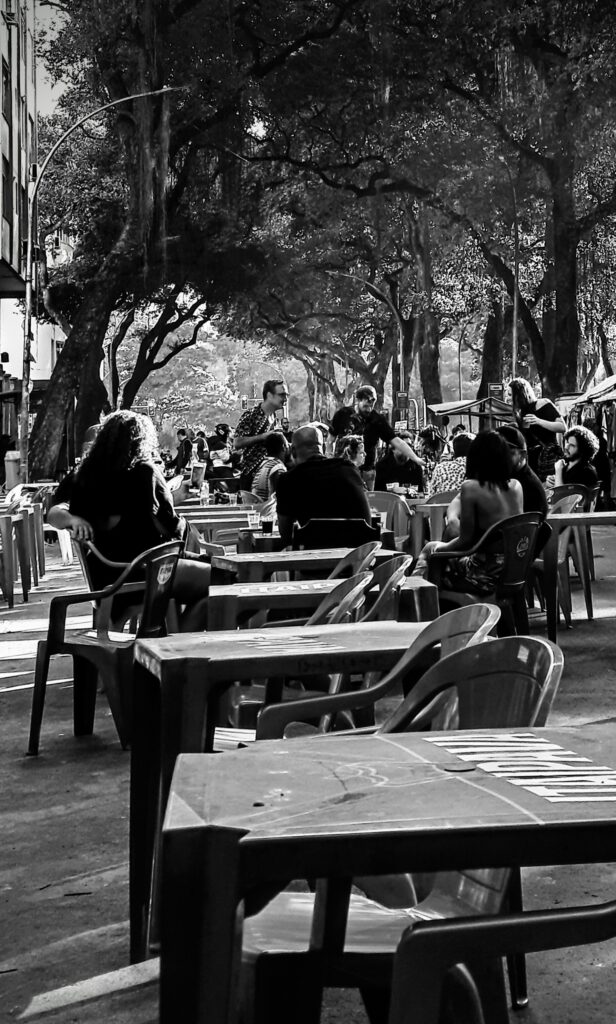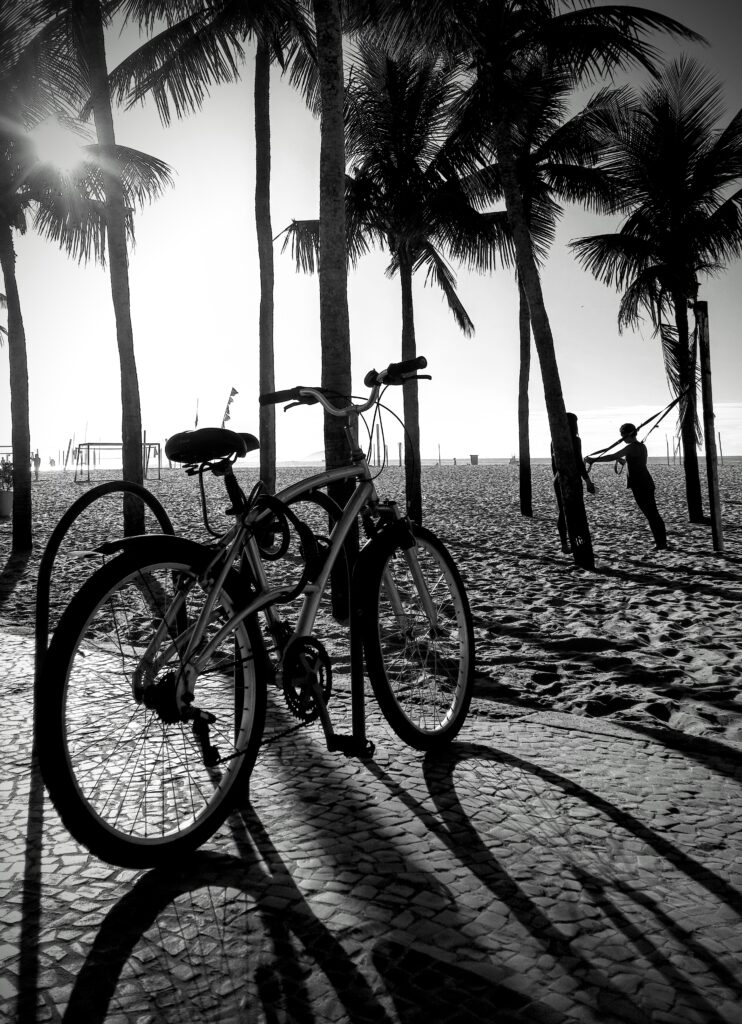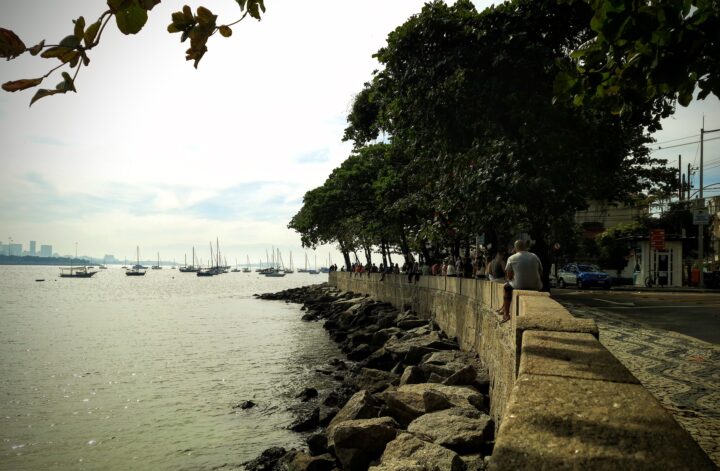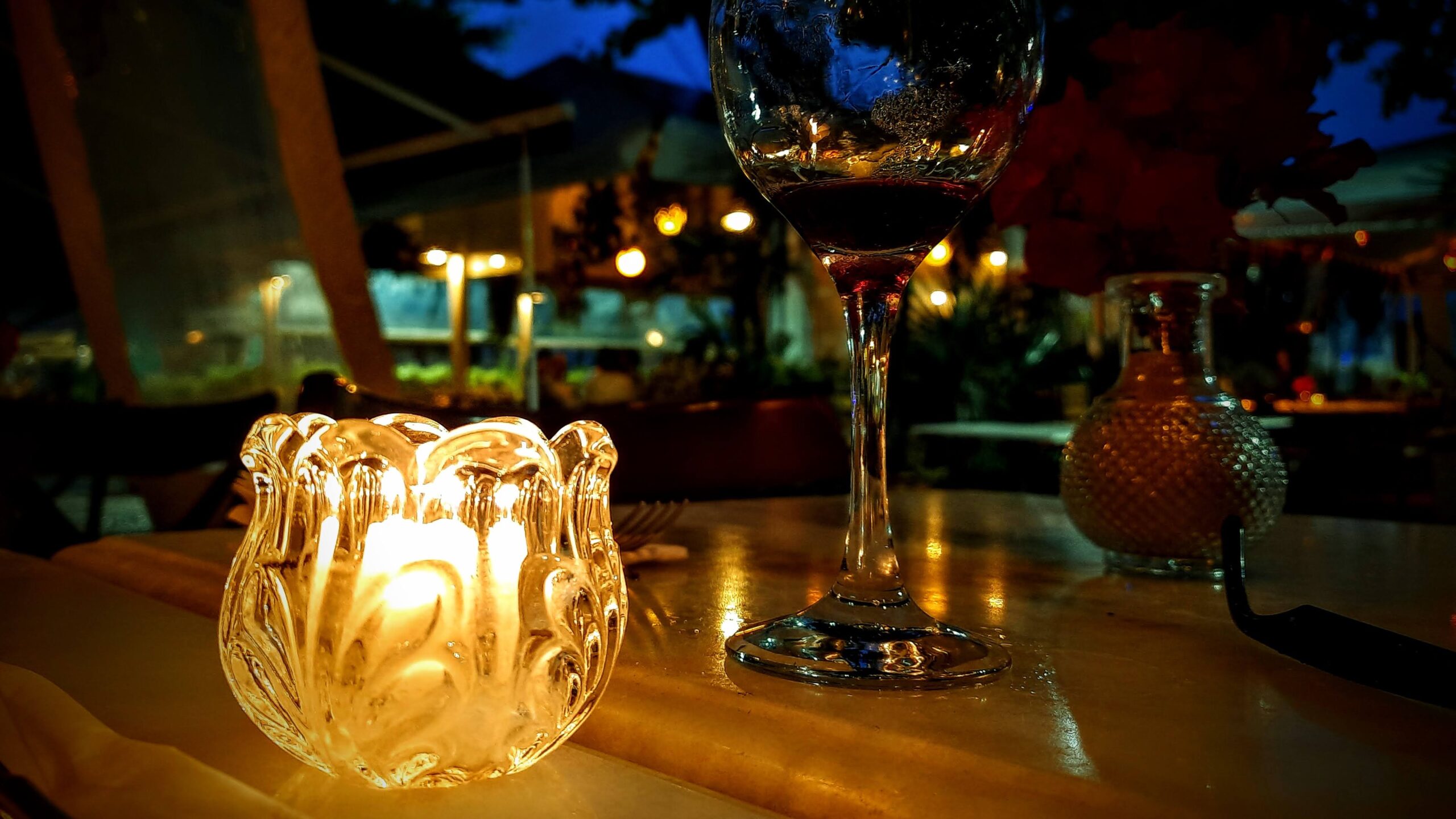Copacabana, Rio de Janeiro: 25oC, warmish and sunny.
It is Thursday, and as usual, I have a lot of classes today: twelve classes from 7 am to 7 pm, including one class with Dona Vera in Copacabana. So, I am up early and taking a long walk in the cold of the Carioca winter, only 16oC in the early morning. I pass by the Portuguese baker’s for an early morning coffee before arriving home to begin classes.
My one-o’clock class is with Tadeu, a seventy-four-year-old retired man originally from the northeast of Brazil who has been alternating between Rio and Belo Horizonte for the last sixty years. Tadeu is a statistician and a professor who has worked in education with local, state, and federal governments all his professional life.
He has two daughters from his first marriage, Clarissa and Ana Leticia. Clarissa is a doctor, married to a surgeon, and has two children. They live in Campinas, more or less 120 km from Sao Paulo.
Ana Leticia, the elder daughter, is fifty now. I went to her wedding twelve years ago to Gabriel, an Argentinian she had met in Australia and where they have lived in Perth until today and are now in South America for the first time in five or six years. They intend to stay two weeks in Argentina with Gabriel’s family in Buenos Aires and five days in Rio to visit Ana’s family.
The penultimate time they were here in Rio, about ten years ago, Tadeu did a big feijoada lunch party (feijoada, Brazil’s national dish, is a stew loaded with black beans and meats of every description: smoked pork loin, bacon and sausage such as chorizo, it is delicious) for everybody including a Roda da Samba (in the indigenous language, “samba” means roda de dança, or a circle to dance since the indigenous peoples danced in celebration on many occasions, such as the celebration of popular Catholic festivals, Amerindian or Afro-Brazilian religious ceremonies, but was also practised at random, with excellent typical samba music), it was sublime with good food, good music, a lot of drink and everybody laughing and joking and very often dancing to the mesmerising and enchanting samba.
In situations like these, when everyone is happy and lively, it’s common for people to tease each other, especially if there’s an Argentinian present and football is the main topic of conversation. It was fascinating to see how Gabriel, despite having a good job and situation in Australia, openly admitted that this kind of banter, playfulness, joking, and human connection is not common in Australia or Argentina.
At the end of our class, Tadeu told me that he would be meeting Gabriel for a drink tonight and that if everything was confirmed, he would send me a message. I thought it would be nice to meet Gabriel again; it is good fun every time we are together.
I gave classes for the rest of the day, including having to go to Copacabana to give Dona Vera a class, and when I arrived home, my last class was cancelled.
As I was doing nothing, I thought that maybe Gabriel and Tadeu were having a drink at the place he said they would be. I hate watching TV nowadays, so I thought that at the worst, I could do some needed shopping for home and pass by the bar that Tadeu said they would be to see if they were there. Unfortunately, they were not. What a pity! I did my shopping and had a coffee with Yasmin at the baker’s.
I was tired Thursday night, thinking about what to do tomorrow and the weekend, but that’s good.
In bed by 10.00 pm.
Thank you.
Thanks for reading my blog. Check out my other posts and share your thoughts in the comments.
Richard
